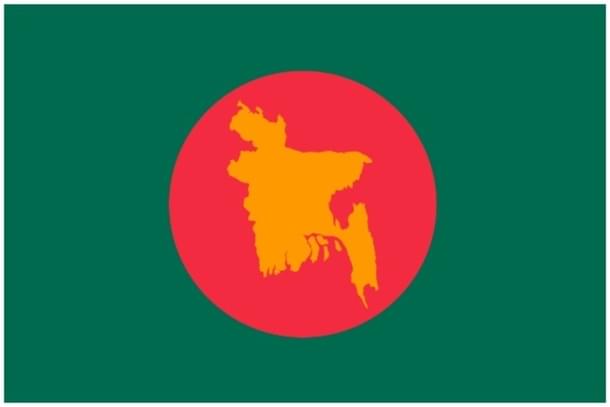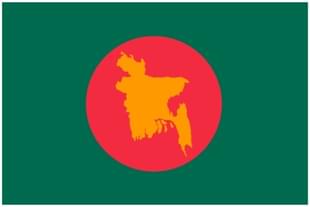News Brief
Massive Anti-Reservation Protests Sweep Across Bangladesh
Swarajya Staff
Jul 05, 2024, 01:59 PM | Updated 07:50 PM IST
Save & read from anywhere!
Bookmark stories for easy access on any device or the Swarajya app.


Massive protests led by students from various universities in Bangladesh are sweeping across the country, disrupting normal life and crippling academic activities on campuses.
Students are protesting a 5 June High Court order that struck down a 2018 government order abolishing the quota system. Students, academics, and others say quotas have stifled merit and bred corruption (read this).
The protests against the High Court order that restored 56 per cent reservation in government jobs gained momentum on 4 July after an appellate division of the country’s Supreme Court upheld the High Court order.
Of the 56 per cent reservation, 30 per cent is for children and grandchildren of freedom fighters, 10 per cent jobs are reserved for women, 10 per cent for people from underprivileged districts, 5 per cent for indigenous communities, and 1 per cent for the physically challenged.
The protestors are demanding that quotas, save for the 1 per cent quota in government jobs for people with disabilities, be abolished.
Students across the country have been boycotting classes and holding demonstrations and sit-ins on public roads since earlier this week against the reinstatement of quotas.
Similar demonstrations by students across Bangladesh in April 2018 led to Prime Minister Sheikh Hasina issuing a circular abolishing all quotas. She had then said that people from indigenous communities and the physically challenged would not be allowed to suffer due to the abolition of quotas, and some other measures would be put in place to benefit them.
Jobs under the quotas used to be frequently 'sold' to undeserving candidates using fake certificates. Massive irregularities in the quota system sparked the 2018 protests.
The High Court had struck down the April 2018 government circular abolishing quotas on a petition filed against the circular in 2021. The government promptly challenged the High Court order before the appellate division of the Supreme Court.
On 4 July, a six-member bench of the Supreme Court’s appellate division headed by Chief Justice Obaidul Hasan refused to stay the operation of the High Court order and asked the government to file a separate appeal after the full text of the 5 June High Court order is released.
But protestors do not want to wait for the outcome of that appeal to be filed by the government. They want the Awami League government to issue a fresh circular overriding or annulling the High Court order and reiterating the abolishment of quotas.
Protestors, who enjoy the support of many academics and prominent civil society leaders with a belief in meritocracy, have announced that college and university students across the country will boycott classes on 6 July and examinations scheduled for 7 July.
While the government has kept silent on the protests, the Chhatra League (the students' wing of the ruling Awami League) has been trying to break up the anti-quota stir. But its efforts have backfired. Protestors are now directing their anger at the Chhatra League and also intensifying their protests on university and college campuses.
Students have openly defied the Chhatra League's attempts to silence them and have even held demonstrations against their leaders, forcing the Chhatra League to backtrack.





